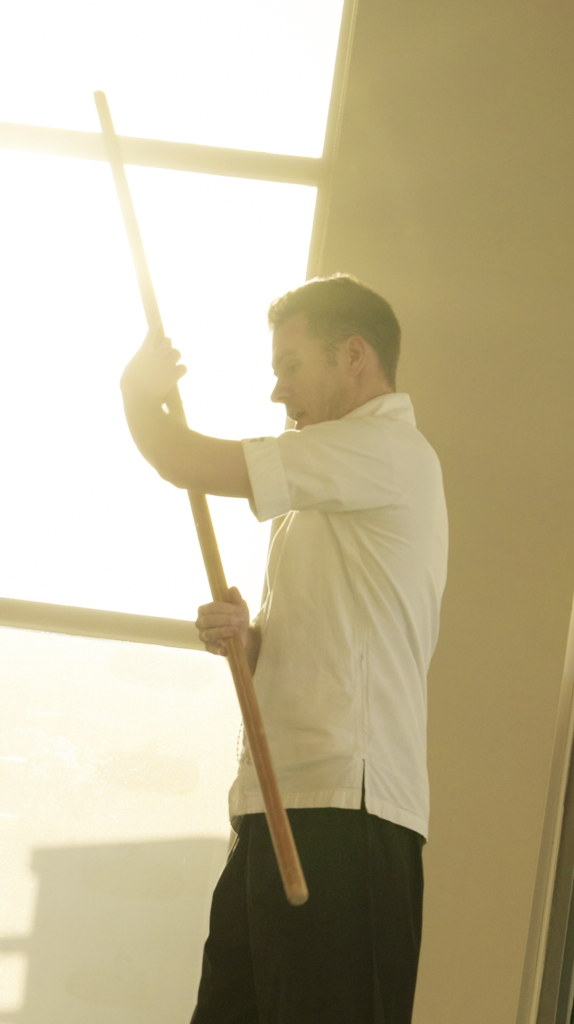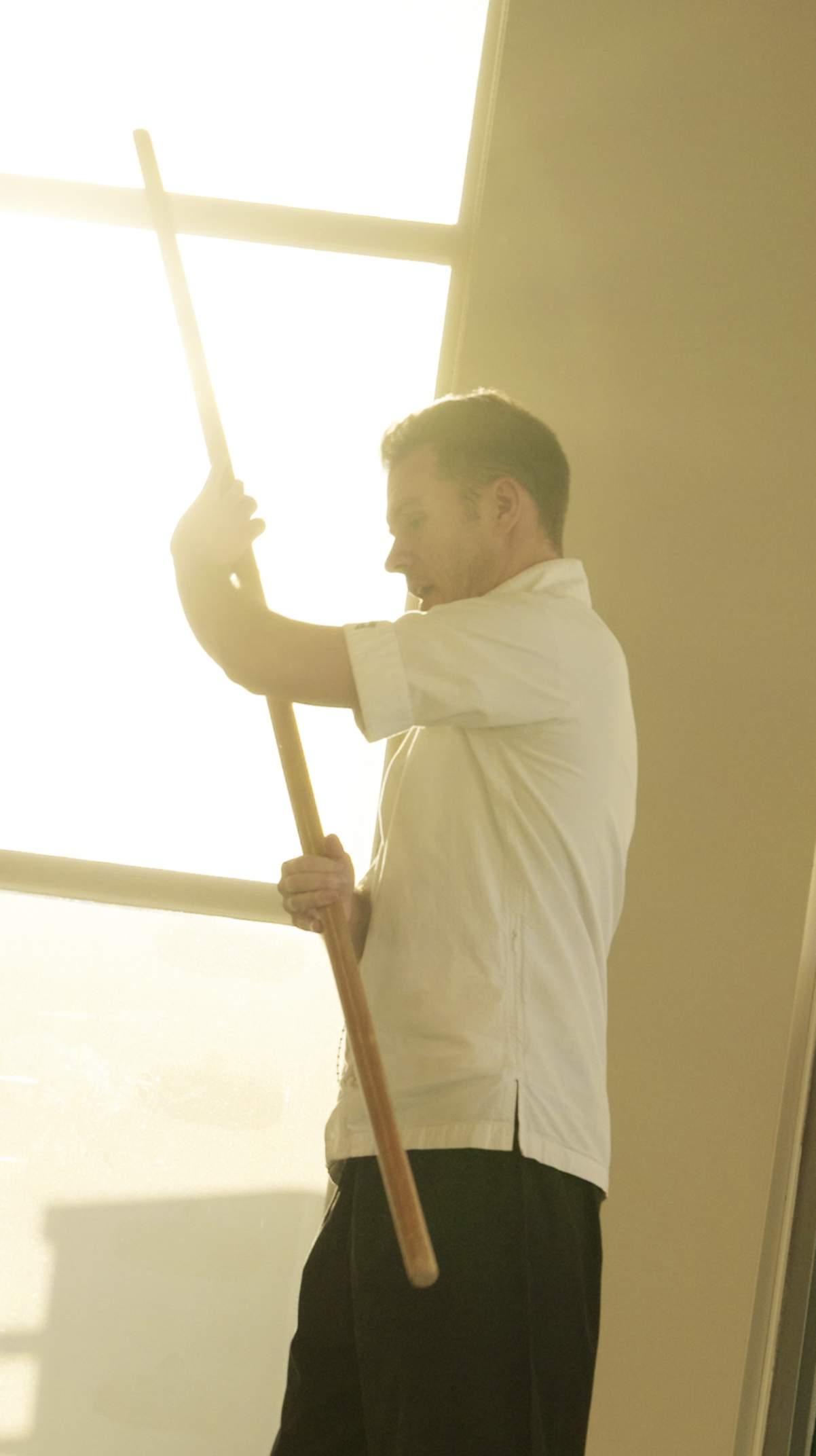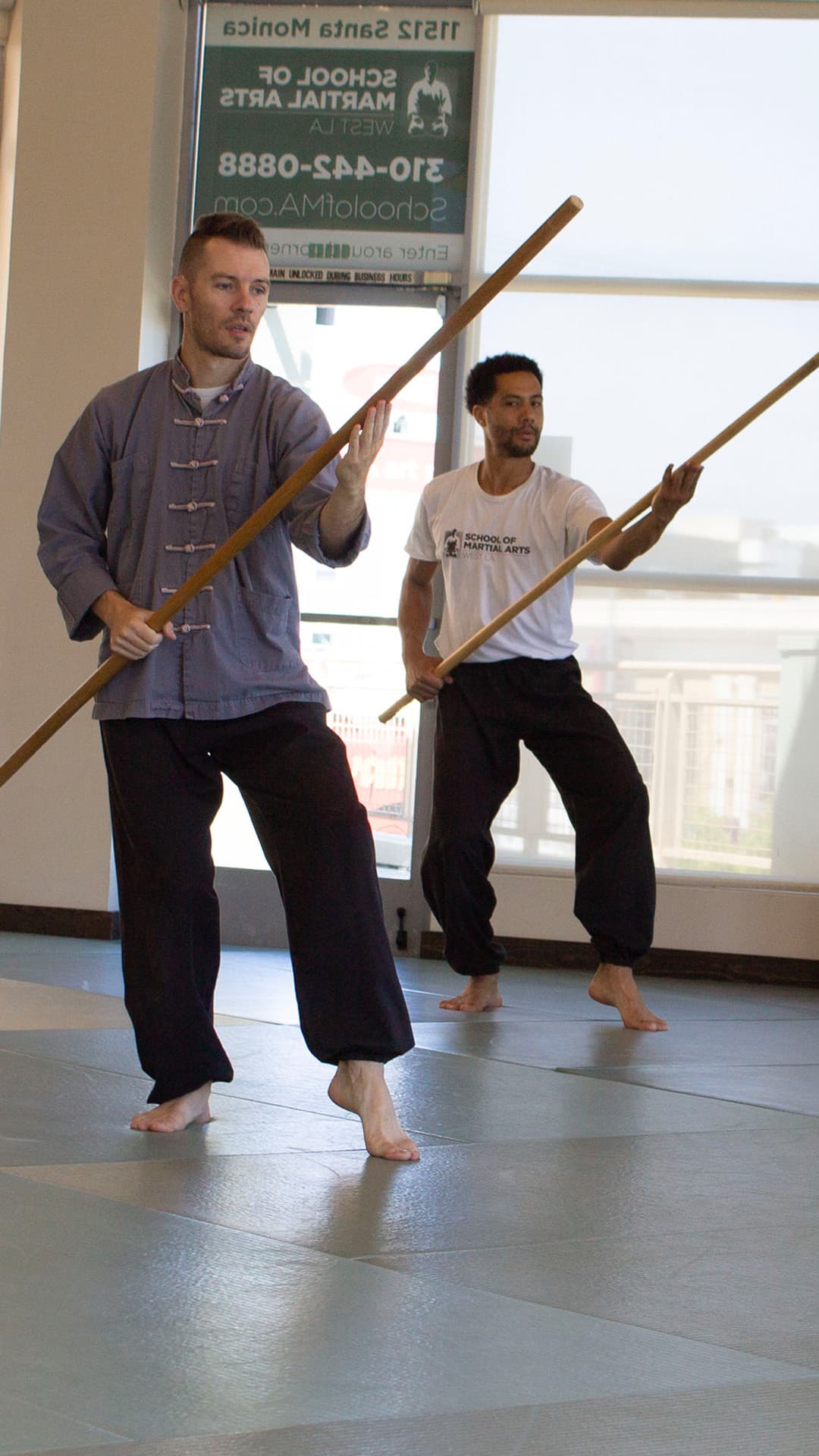Seeing Beyond Ourselves
Well, this blog is about you. But not everything in the world is about you.
We have a tendency to view the events of our life through the lens of how they affect us. Of course we do. We are human beings and our perspective is, by definition, a self-centered one. Yet in order to make the most of our lives and to function in society we must be able to see things from other points of view. Empathy and compassion are wonderful and important traits.
As martial artists, we practice being great partners in class partly so that we can be great partners outside of class. In kung fu we hold mitts for each other while trying to challenge our partners. In Tai Chi, senior students look for what their fellow students need to hear or see the most in any given class to make progress. In Brazilian Jiu Jitsu we pay attention to our partners’ safety rather than just steamrolling them. In everything we do in and outside the dojo, to be a great partner requires empathy, that ability to see beyond ourselves and understand what another person is going through.
Recognizing Ego in the Moment
The vital first step: reminding ourselves It’s not about me. When we recognize the thoughts that sound like I’m not doing this right, or I already know this, or most thoughts that begin with I, we should recognize that this is our ego trying to take control.
It’s very difficult to truly understand another and be our best for them when we are thinking and acting from the ego. If we tell ourselves, Wait, it’s not about me, we can at least momentarily jolt ourselves out of our ego mind and allow a connection with someone else.
Practicing Empathy in Training
Recognizing what our partners need is a real skill. Just like any other skill, it gets better with practice. We may need to ask them at first what

they need from us. Should I go lighter? Harder? What is it you’re struggling the most with right now?
With time and practice we will begin to read more subtle body language and be able to tell even before our partner does sometimes what they need most. At first we focus on safety, then skill, then more subtle aspects of our partner’s experience. Are they having fun? Staying engaged? Feeling like they are accomplishing something and getting better?
It can be tempting to just unload everything we know about a technique or posture on our partner. In Tai Chi, if I just list the 100 details that come to mind about single whip, my partner will retain none of it.
If I rather look at what they are doing, recognize their biggest struggles and give them three tailored details to work on, they won’t feel overwhelmed and will be able to remember.
Meditation and Compassion
Ironically, meditation and introspection are important to be a great partner. With internal retreat coming in a few weeks (sign up now!), we’ll have plenty of time to get in touch with our deeper selves, the part of us beyond ego that is great at empathizing.
When we are better in touch with our own thoughts and emotions, we may be able to recognize them in others. A simple compassion meditation may help us feel what others are feeling. The next time you sit to meditate, try visualizing the face of someone you deeply care about. Imagine what they are going through, understand their suffering and joy. Send them feelings of compassion, wishing them well. Wish yourself the same healing.
Then extend the circle to more and more people, repeating the same process until you imagine yourself sending healing and positivity to the whole world or even the entire universe.
The next time you come to class or get the opportunity to be a partner anywhere in life, remember It’s not about you and be with that person.



Wa Ma
Beautiful Message! 🙂